Survivalists know that you need emergency equipment and, more importantly, knowledge to use said equipment when you don’t have access to a physician or medical facility.
While we often think about trauma medicine and basic first aid when gathering supplies and training, a dental emergency can be just as debilitating as any other medical issue. If you’ve ever had a toothache or a dental abscess, you know how painful and distracting a dental problem can be.
What do you do when you can’t get an appointment or head to the emergency dentist? Hoping it gets better is a terrible strategy. If the dental issue causes an infection, the situation can quickly go from a painful distraction to a potentially deadly medical emergency.
As Tyler discusses in this video, there are many natural and common remedies that you can turn to when you don’t have access to a dentist. Plus, the book Survival MD: What to Do When There’s No Doctor offers advice on the prevention of common dental issues. The adage, “An ounce of prevention is worth a pound of cure,” holds especially true in a survival situation.
This dental care and prevention information is just a tiny portion of what’s available in Survival MD: What to Do When There’s No Doctor. Take a look at our YouTube and social media accounts for more lessons from this excellent resource.
Disclaimer: The content of this book is for informational purposes only and is not intended to diagnose, treat, cure, or prevent any condition or disease. You understand that this book is not intended as a substitute for consultation with a licensed practitioner. Please consult with your own physician or healthcare specialist regarding the suggestions and recommendations made in this book. The use of this book implies your acceptance of this disclaimer. The publisher and the author make no guarantees concerning the level of success you may experience by following the advice and strategies contained in this book, and you accept the risk that results will differ for each individual.


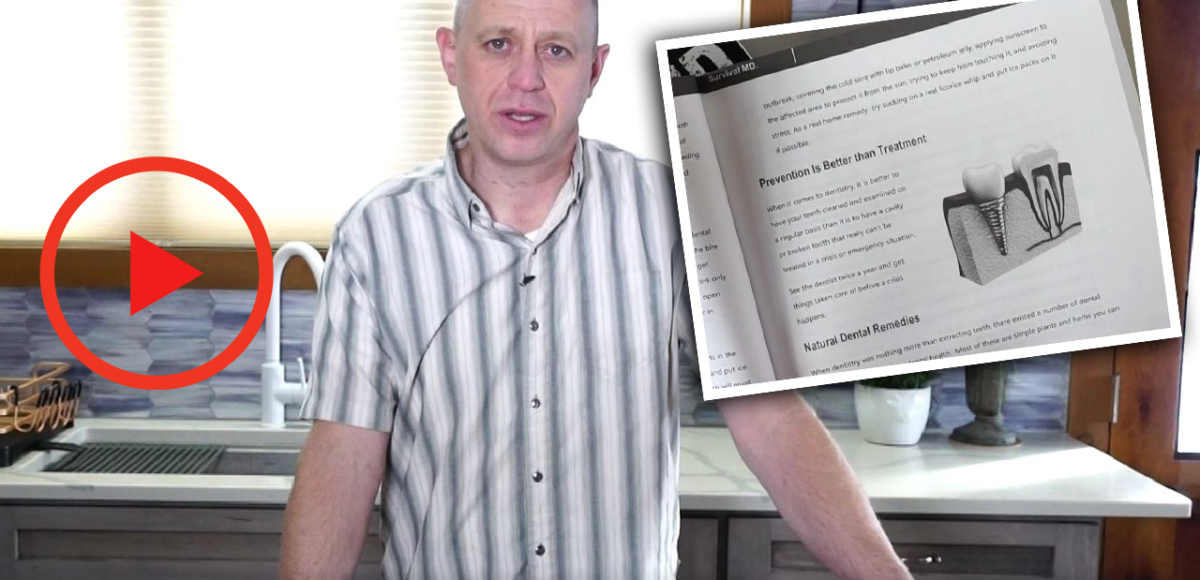


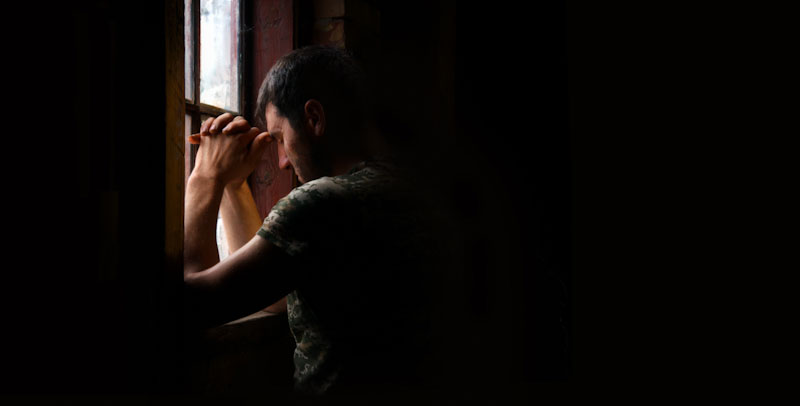
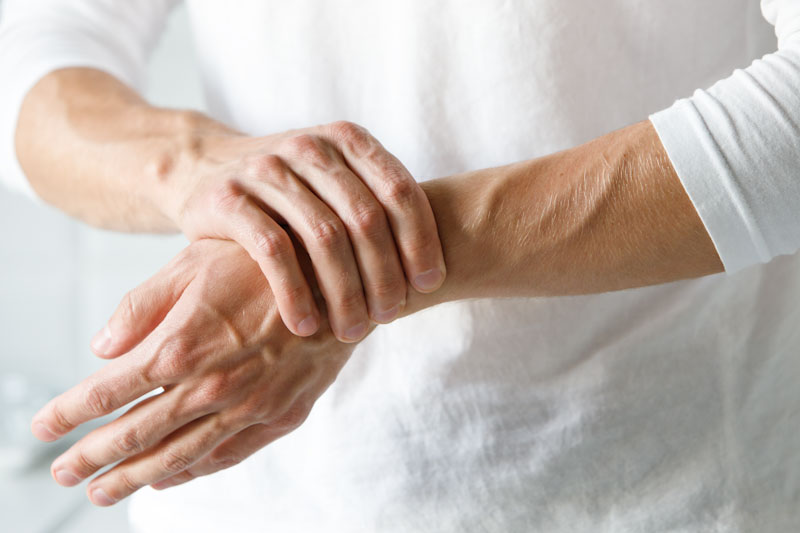
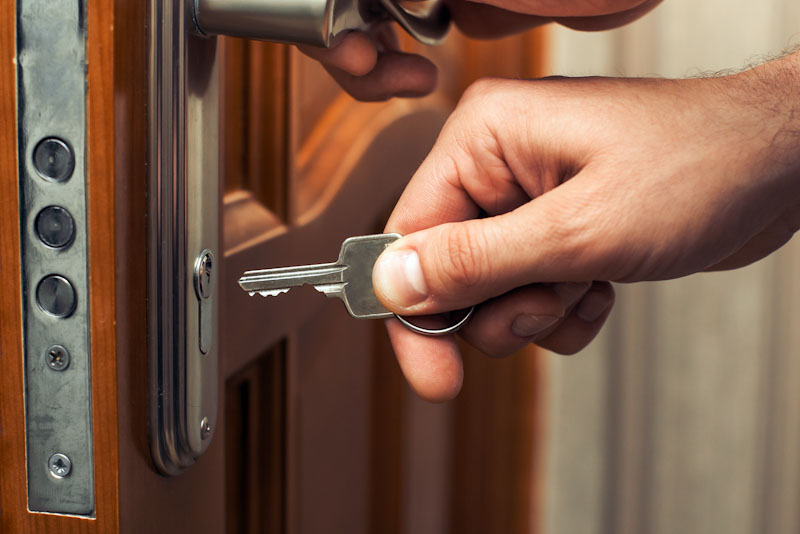
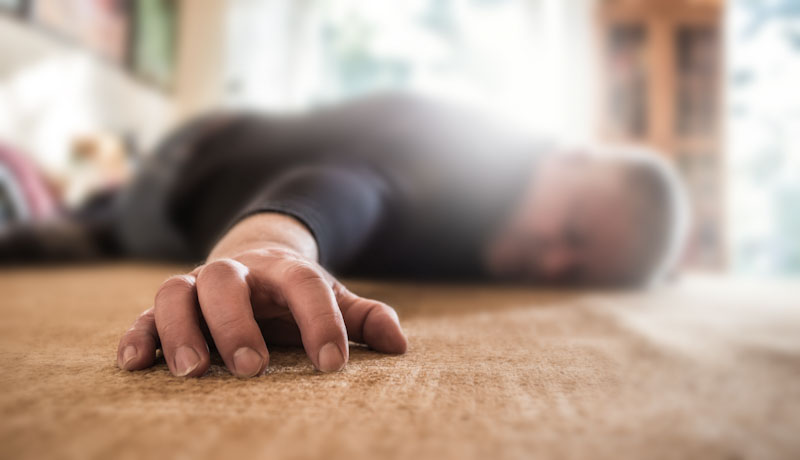


radarphos | March 6, 2022
|
I asked SurvivoPedia for reader response info about “Denture-Wearer Eating when Bugging Out”, and in a context where I would be walking woods to safer places totally reliant on what the woods offer for edibles, beyond what I am carrying.
I also have had a self-imposed rule for years that I should bring travel food that can be eaten while walking, but avoid eating it, by eating off my travel-terrain (weeds) and saving easy to eat and prepare travel food for when I am forced to hunker down when sick, injured, or hiding from capture. The only gear I would be carrying would be the bug-out-bag and strapped attachments, while dragging a golf-club-cart of extras and when hiking for distance from troubles behind me, while searching for natural foods and water.
I am still an inexperienced “healing denture” wearer. I have not got my permanent dentures yet. I want to know (1) how can one repair a broken denture in the woods (if possible); and (2) beyond paper “stickies or glues” to hold dentures in place so that they do not rough-up the inside of my mouth, what can a denture wearer use to repair dentures? (3) If I had to line a denture with a weed leaf to stop abrasion on the gums and the lining of the mouth, what weed leaf would work best? (Broad Leaf Plantain?). My healing dentures must be kept under water or in my mouth 24/7. I have not yet found a crush-proof container that doesn’t leak water, where I can park dentures on my person while hiking in the woods. (4) What are the easiest manual durable food grinders-smashers, etc. to prepare roots for eating “as is”, when needed? I know I can chop, slice, dice and smash roots (like carrots), but it takes a long time (and time is as precious as eating when your “whole life success or failure” is on your back. Is there any manual durable tool that becomes a “must carry”, and regardless of weight, for denture wearers to preserve the denture as long as possible? I’ve been considering mortar and pestle, but I’ve never used one and they are heavy. (5) I have been to “Potlucks” and watched Senior denture wearers essentially doing a lot of “food processing” in their mouth in order to swallow food they selected for themselves. There must be a better way. And lastly, any and all eating questions for denture wearers becomes similar or same questions for people with severe tooth aches, and for babies without teeth. So ultimately my questions are better ways to provide nourishment “in the field” when you cannot bring gear you have at home?
Bruce R. Altschuler DDS | June 10, 2023
|
As a dentist, may I say that most dental emergencies are caused by trauma to the mouth, which includes cracked teeth, cracked existing restorations (fillings), loss of pieces of teeth or restorations or both, as well as malocclusion caused by blunt force trauma such as fractures to the bones in the mouth. The only realistic treatment requires seeing a dentist, even in times of SHTF. Longer term problems include gingivitis leading to periodontitis and loss of teeth, food stuck in-between the teeth, and most importantly to preppers– lack of proper diet leading to scurvy, and lack of, or improper cleaning of the teeth and gingiva (gums). While the body can store vitamins A,D, E, K for long periods, we have no means to store Vit. C and important B vitamins. You need a dose of vit. C every single day to avoid scurvy, a disease that plagued sailors until the British discovered lime, which led to British sailors being called “limies”. Fruits containing vit. C include Pineapples, pineapple juice, oranges, orange juice, strawberries, cherries, grapes, grape juice, raisins, and limes. There is also Tang powder. Vit. C vitamin pills have been found to have limited ability to replace your Vit. C needs, unfortunately. While antibiotics have use in the hands of a dentist to supplement dental treatments, utilizing any old antibiotic would not be effective and could be dangerous. Bone fractures in the face, including the dentition, is very serious and needs expert attention that no lay person should attempt, except to stabilize the area and bring the patient to the dentist and/or physician as soon as possible. Cracked dentures should also be repaired by the dentist to insure fit and to avoid irritation and to insure effective bite capability, especially important for SHTF situations. .